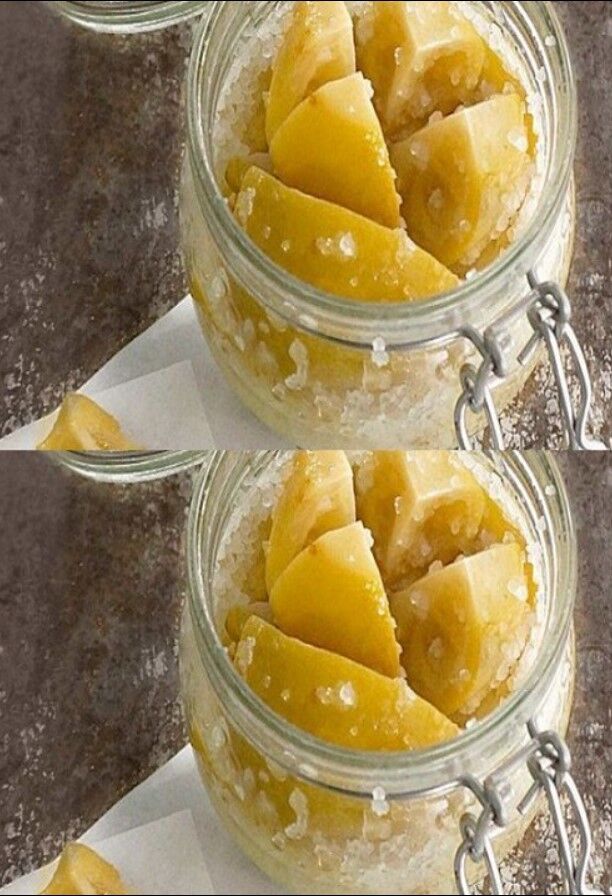ADVERTISEMENT
Lemons, with their vibrant yellow hue and tart flavor, are a staple in many kitchens around the world. But did you know that how you store these citrus fruits can significantly impact their longevity and freshness? For generations, a simple yet effective method has been passed down: dipping lemons in salt.
This age-old trick, often credited to the wisdom of grandmothers, not only preserves the lemons but also enhances their flavor over time. In this guide, we’ll delve into the reasons behind this technique and how you can apply it to keep your lemons fresh for months.
The Problem with Conventional Lemon Storage
Storing lemons in the refrigerator might seem like a no-brainer, but this common practice can actually do more harm than good. The cold, dry environment of the refrigerator can dehydrate the lemons, causing the zest to dry out and the fruit to lose its juicy texture. Additionally, lemons are particularly prone to mold growth due to their acidic pH, which creates an environment conducive to the proliferation of fungus spores. Once mold starts to form, it can quickly spread, leading to spoilage and waste.
The Science Behind Salt Preservation
Salt has been used as a preservative for centuries, thanks to its ability to draw moisture out of food and create an inhospitable environment for bacteria and mold. When lemons are dipped in salt, the salt works to dehydrate the surface of the fruit, reducing the likelihood of mold growth. Moreover, the salt enhances the natural flavors of the lemon, making them even more delicious when used in cooking or garnishing.
How to Preserve Lemons Using Salt
Here’s a step-by-step guide to preserving lemons with salt, ensuring they stay fresh and flavorful for months:
ADVERTISEMENT
